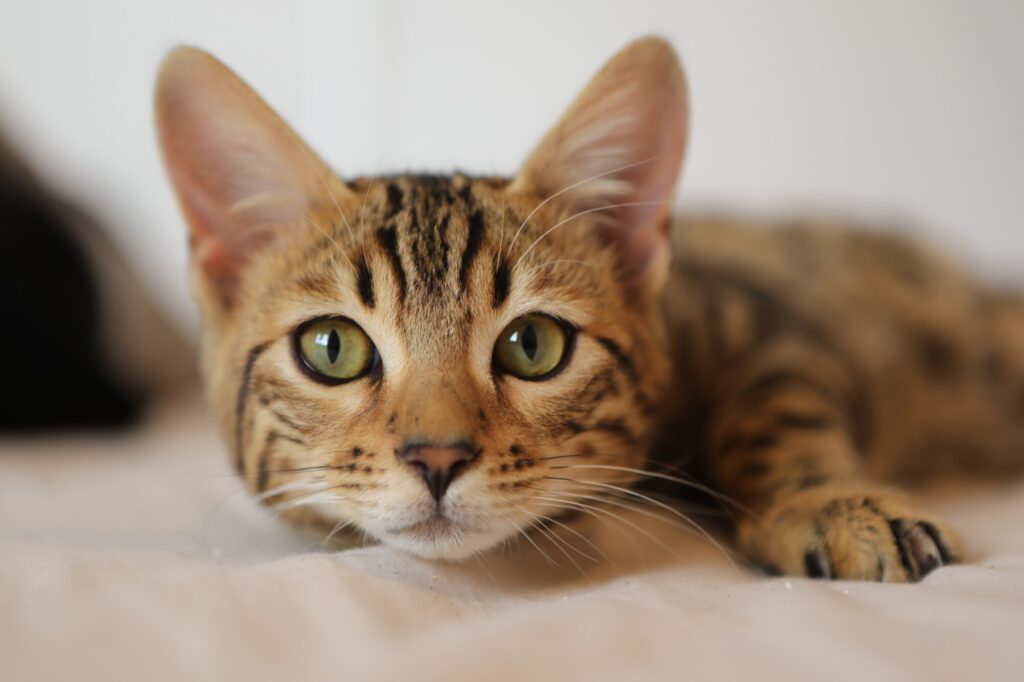In the US, 42.7 million homes own at least one cat.
Even with this many feline friends in our homes, many people still don’t fully understand their cat’s behavior. They can often be mysterious creatures and behave in ways that confuse us.
Understanding your cat’s behavior can help you be a better owner and keep your cat happy, which can make you healthier.
Here’s your guide to understanding your cat’s behavior.
How Cats Communicate
Cats communicate in a variety of ways. You may have heard your cat chattering away or making some strange noises and wondered what on earth they were doing.
The obvious communication we have with cats is through their meowing. Interestingly, cats don’t meow at other cats. It is reserved just for us.
When your cat is meowing, they could be saying hello, asking for something, or letting you know something is up with them. Excessive meowing could be an indication that your cat has a medical problem.
Perhaps the weirdest communication tool cats have is chattering. If you’ve ever walked into a room to witness your beloved pet fixated on some bug in your kitchen and making a series of strange noises, you’ll have been pretty freaked out.
This behavior is perfectly normal, though. Cats make this noise when they’ve spotted some potential prey that they are very interested in catching.
These noises can also sometimes come out of frustration at being unable to catch the prey in question.
Common Cat Habits
If you own a cat who is particularly fond of cuddling, you’ll notice them bump its head against yours. This is a common way for your cat to show you some love and also has the added benefit to them of marking you as their territory.
You may have also noticed your cat kneading. This is where they push their paws into a soft surface like a cozy blanket or mattress or something on their owner’s laps.
When young, kittens will often do this as a way to stimulate milk production in their mothers. When they grow older, it simply becomes an instinctive behavior to show affection.
One of the more annoying things felines can do is to knock things over, seemingly at random. There are several reasons they could do this. They could be testing out their paws or trying to get your attention. They could also simply be doing it out of curiosity.
You’ll likely see significant cat activity at night. They are naturally nocturnal animals that come into their element once the sun goes down.
Playing
Cats will play in a number of ways. They love to scratch at things. This has the added bonus of keeping their claws in good condition. Cats also love to have fun chasing their tails.
You may have noticed your cat sometimes attacking your feet as you walk by them. This could be a sign that your cat is bored and needs more stimulating toys to play with.
Always Pay Attention to Your Cat’s Behavior
While many of the cat behaviors listed above can be innocent signs of affection, it’s always worth keeping an eye on how your pet is behaving.
Too much of any of these given behaviors could indicate that your cat is unwell and needs help.
Unfortunately, your cats can’t stay with you forever, and when they depart, you’ll want to give them the best send-off possible.
Contact Midlands Pet Care to see how we can help you.

